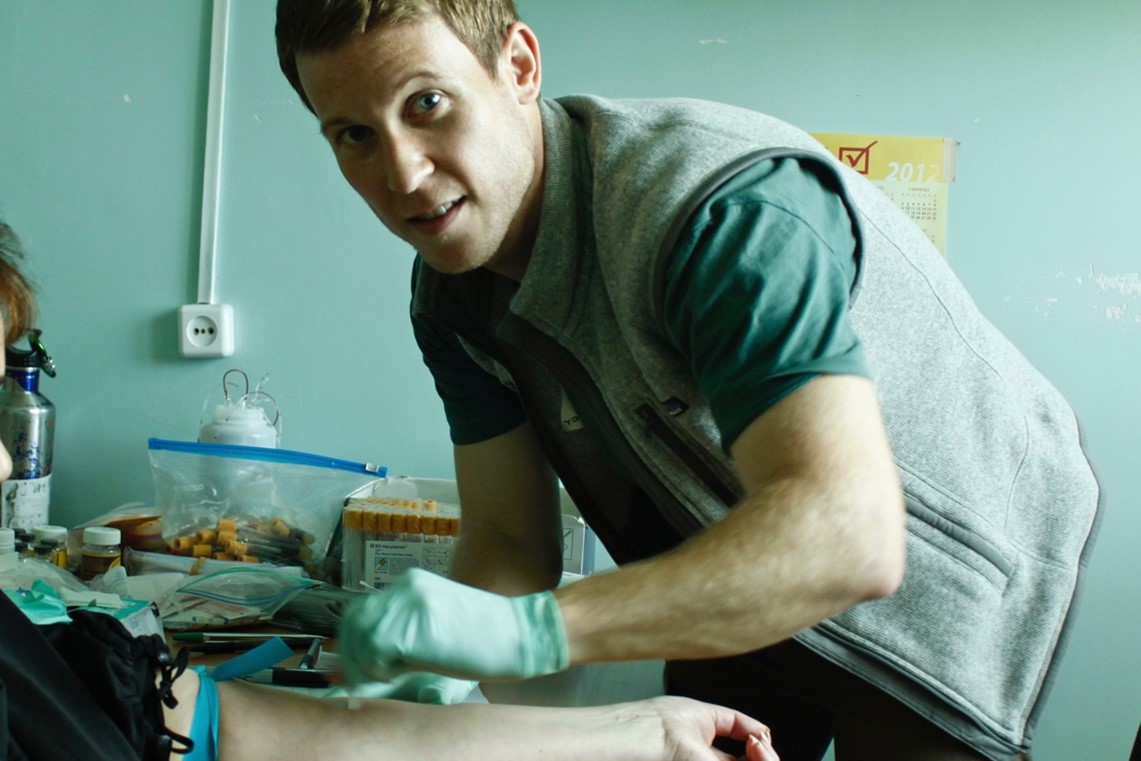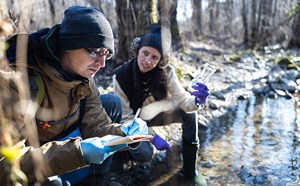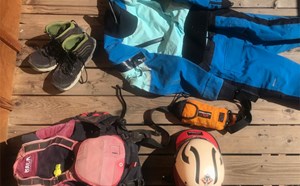
Every Skillset Can Find a Home in Wilderness Medicine
Dave Young, MD
My first foray into wilderness medicine started about 20 years ago. I took a summer job as a trip leader for a small leadership organization, and the first part of staff training involved a Wilderness First Responder (WFR) course. That young version of myself was just beginning to dream of a career in medicine. This course solidified that goal. Twenty years later, I believe that youthful version of myself would be proud of (and likely a bit surprised by) the career I have established, as much of it has to do with the topics and skills I learned during that WFR.
While the field of wilderness medicine may feel quite niche and small sometimes, I remind myself of how absolutely broad it truly is. From mountain tops to underwater, deserts to jungles, wilderness medicine is relevant in every corner of this planet (and beyond!). Additionally, this field of medicine also has many different facets that favor certain personalities and skillsets. When I think of someone who has an accomplished career in WM, I often think of the researcher or teacher who has published many journal articles or curricula. After all, academic medicine is often seen as the benchmark of success. However, there are so many other ways for people to have a fulfilling and profound career. There is the enlisted provider specializing in combat care, the athletics enthusiast staffing the sidelines, the world traveler providing care to developing communities, the environmentalist creating health policy, and adventurer keeping remote teams safe. These clinical roles demand expertise to plan and perform competently. Certainly, there are people who supplement these clinical skills from afar by studying relevant topics. While I am oversimplifying the many facets of WM, it’s evident that these many roles reflect the broad nature of the field.
We all know that starting a career in wilderness medicine has its challenges, typically with access to opportunities. You may find yourself in a certain facet of the field because a mentor took you under their wing. More likely, you actively sought a role in a field that you thought was an exceptional way of using your medical knowledge. Nonetheless, it’s worthwhile to think about the types of WM you practice and consider how and why you practice them. Given the absolutely vast field, it’s appropriate to consider if what you do in the field syncs with your particular skill sets.
When I started my career, I tried to break into research but quickly found that I was putting a square peg in a round hole. Reflecting on my career, I have found more enjoyment and success as a boots-on-the-ground practitioner and as a teacher of these clinical skills. I have many colleagues who have a busy career planning expeditions but setting foot on only a few of them. Others write books, run departments, teach courses, or study the effects of the environment on humans. Each of these roles lend to a certain personality.
This leaves me with some questions for you as you think about your career. What role are you strongest at and why? Are you finding fulfillment and joy in your WM efforts? What goals do you have for yourself? I think if we are able to ask ourselves these questions from time to time, we will realize that there is a place for each person in this broad field, but being intentional about it will lead to the best outcome.
 A Young Dave Young attempting research in a small clinic in the Siberian Arctic.
A Young Dave Young attempting research in a small clinic in the Siberian Arctic.



